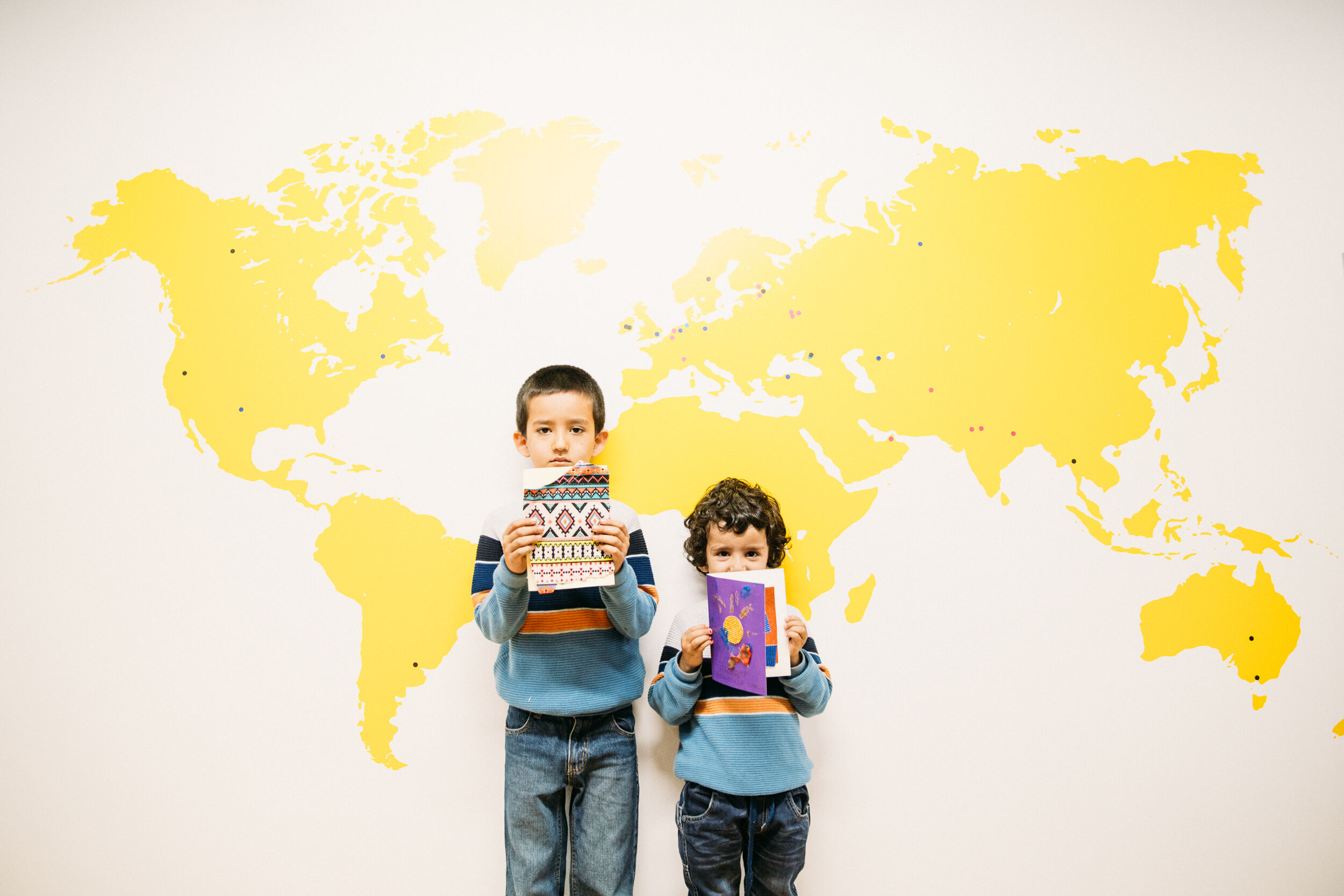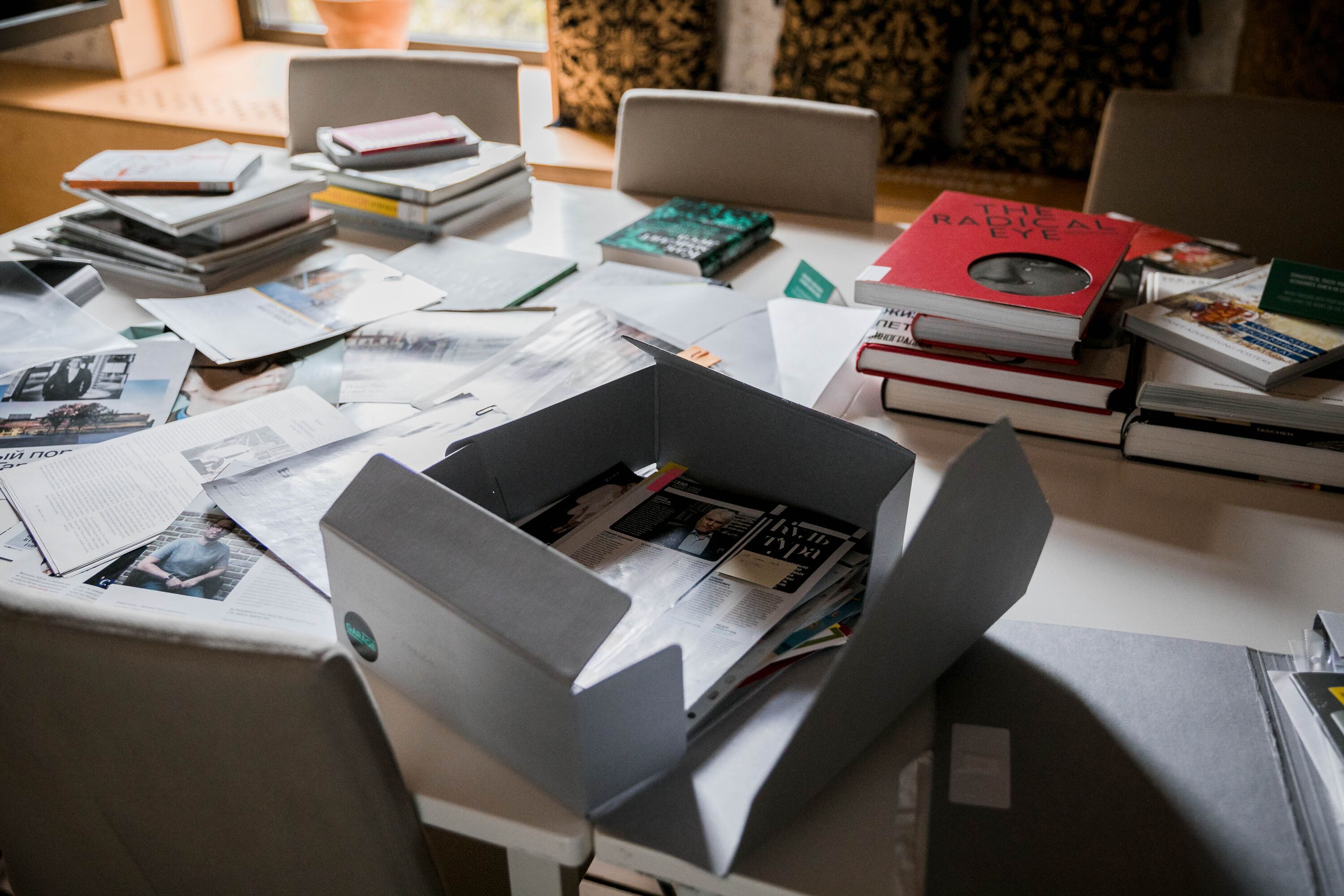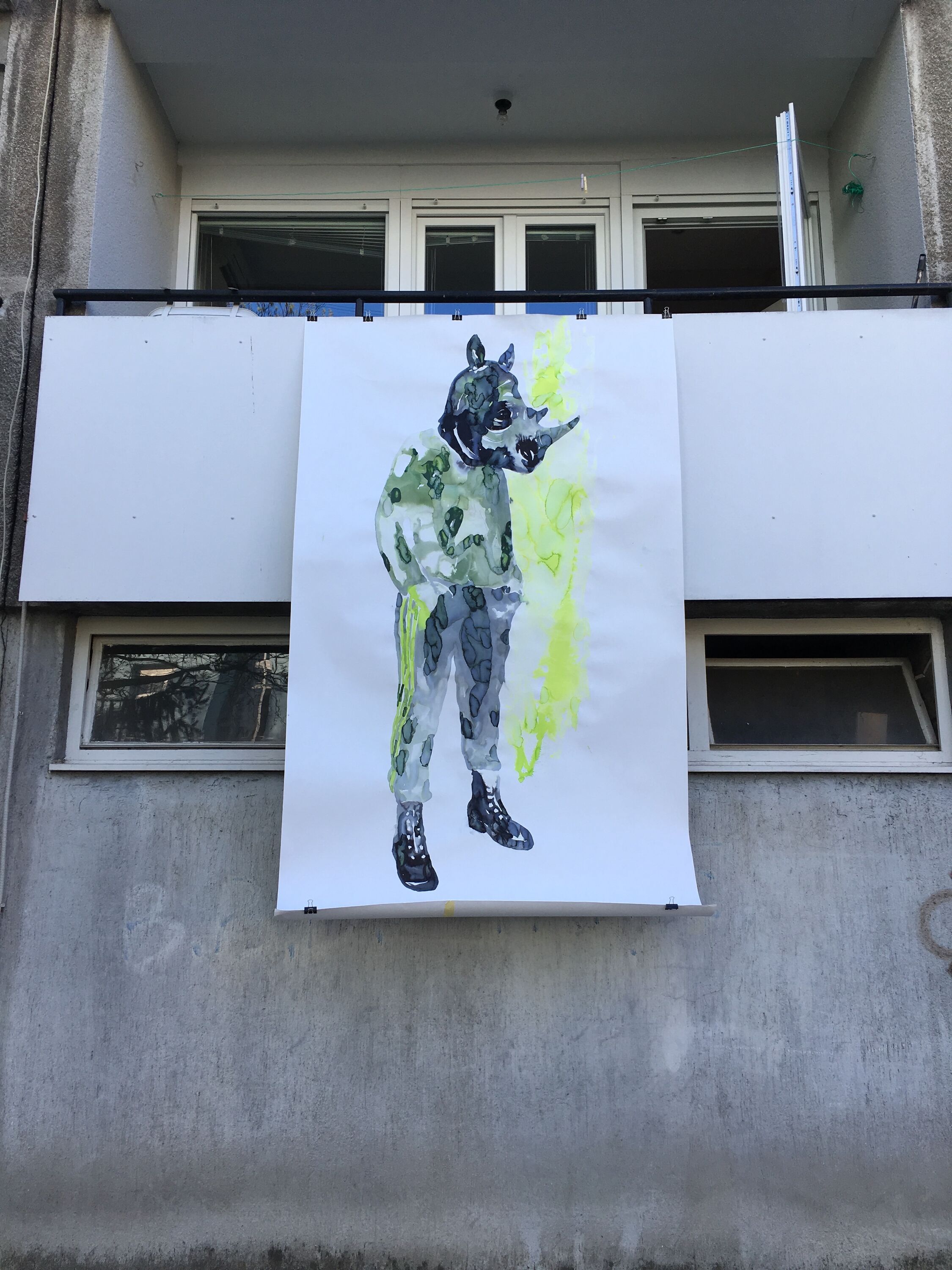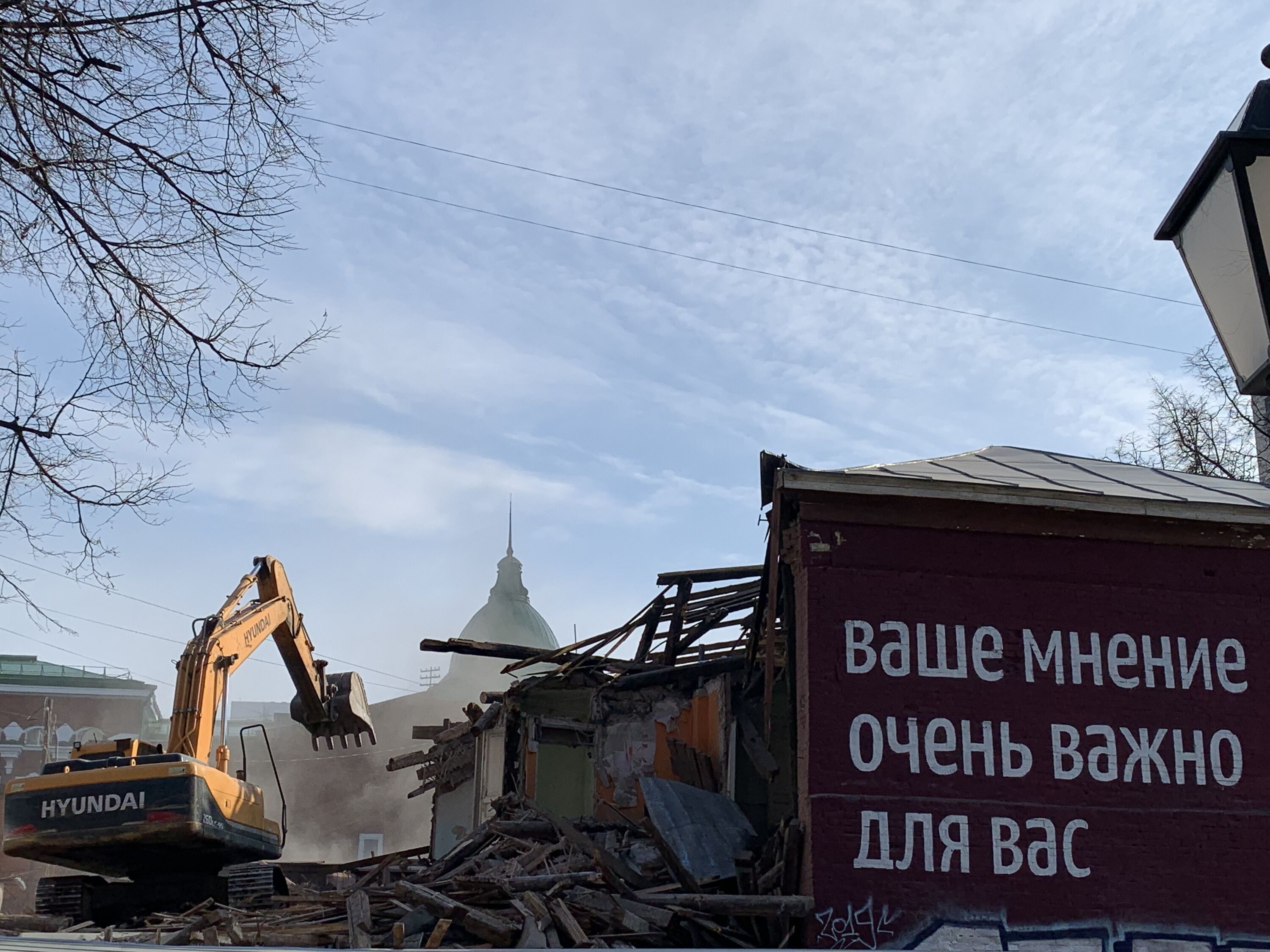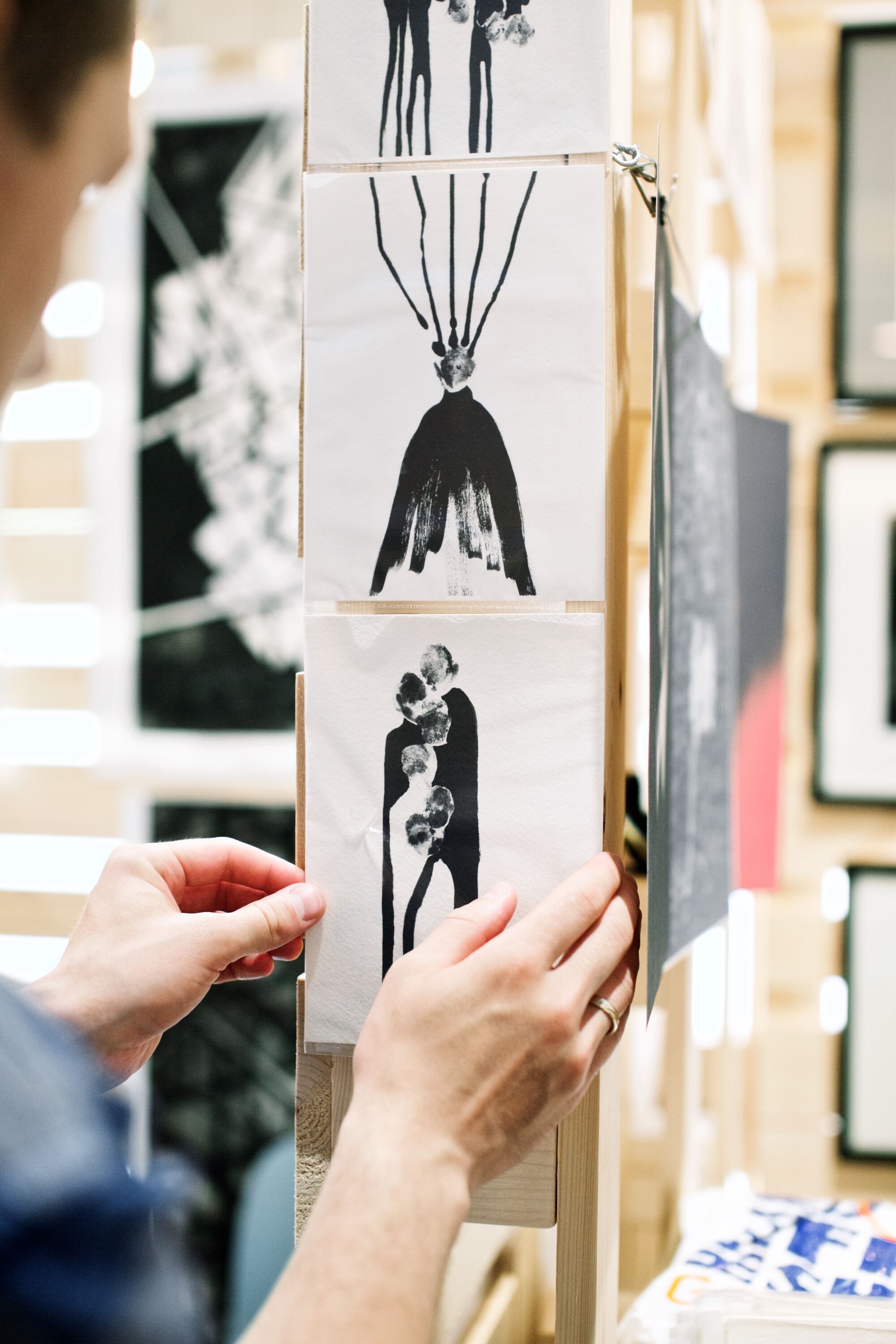Vlad Strukov
What is the role of collaborative research in contemporary museum practice? How can an art institution support research in the arts and humanities? These are some of the questions that were sent to a panel of interlocutors—among them multi-disciplinary researchers, curators, and art managers. Their responses are presented in the form of a discourse about contemporary art institutions and research; its focus is on how art institutions can generate knowledge, support research, and build inclusive environments.
Titled ‘After Crises: Art, Museums, and New Socialities’, the issue explores a variety of crises and socialities from a range of perspectives, including the ideas of (in)visibility, (dis)continuation, and (non)representation. Paying attention to different kinds of crises (political, social, economic, health, and other), the issue surveys a range of cultural contexts, including Japan, Hong Kong, Russia, and the United States, and explores how new socialities are replacing existing identities.
The discussion was organized by The Garage Journal as a part of the eighth edition of Cosmoscow International Contemporary Art Fair. It was held at the Gostiny Dvor in Moscow on the 13th of September, 2020. Speakers were invited to reflect on the changing role of the museum as a social institution in Russia during the COVID-19 pandemic and other global crises. They discussed Russian museums’ strategies for interacting with their audiences and fundraising, as well as other aspects of museum work that are particularly important in crisis situations.
The goal of this special issue is to consider how research is integrated into museums’ future strategies, to reflect on how collaborations among researchers, artists, and curators work, and outline the key applications of practice-based research. In order to address these concerns, the materials selected for the issue focus on the question of method, which allows a new conceptualization of the museum as a research hub.

